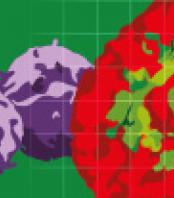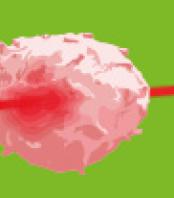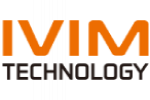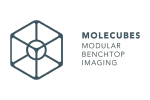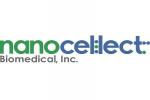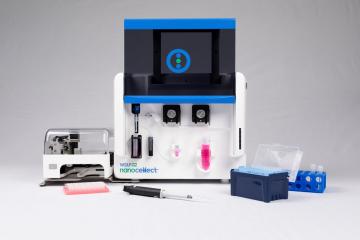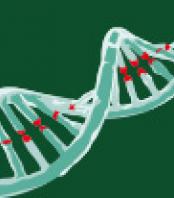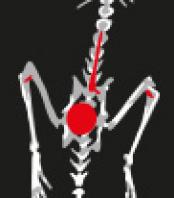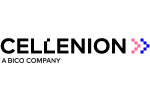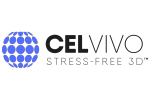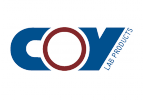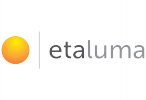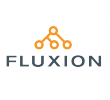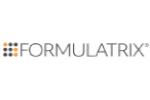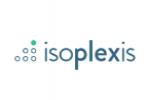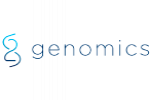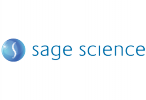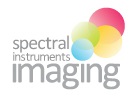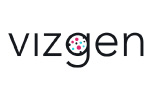Single-cell transcriptomics has been used to understand the complex nature of tumor cells and specific biomarkers that correlate with disease progression and therapeutic response, including chemotherapeutic resistance. To generate accurate, high-quality data, well-suited sample preparation methods need to be used. Debris and dead cells in sequencing data can increase background noise and confound data interpretation. Sample preparation for single-cell transcriptomics can be challenging due to mechanical and physical stresses during the sample preparation process. One of the most common cell isolation methods used upstream for omics applications includes fluorescence activated cell sorters (FACS). FACS can be used to collect specific cell populations while simultaneously removing dead or dying cells and debris; therefore, maximizing the data generated per dollar spent on sequencing reagents and analysis time. However, conventional cell sorting methods that use high-pressure droplet sorting can alter cells and induce unwanted oxidative stress and metabolic pathway changes. Low shear-stress during cell sorting can help avoid potential stress responses induced by traditional sorters. In addition, traditional cell sorters that require the use of a specific sheath composition have been shown to contribute to sorter induced cellular stress (SICS).The use of microfluidic technology has grown tremendously in the last decade due to its ability to generate precise and gentle manipulation of cells. NanoCellect's WOLF® Cell Sorter uses a unique disposable microfluidic cartridge that provides three important benefits: (1) elimination of sample contamination between runs, (2) sorting cells with high purity, and (3) low pressure sorting to improve cell viability. By combining the multiparameter accuracy of fluorescent antibody selection and gentleness of microfluidics, this provides an ideal setting for generating a clean sample for genomic experiments. In this paper, we demonstrate how adding this microfluidic cell sorter to omics workflows can improve sequencing results
Learn more, be nice to your cells.
